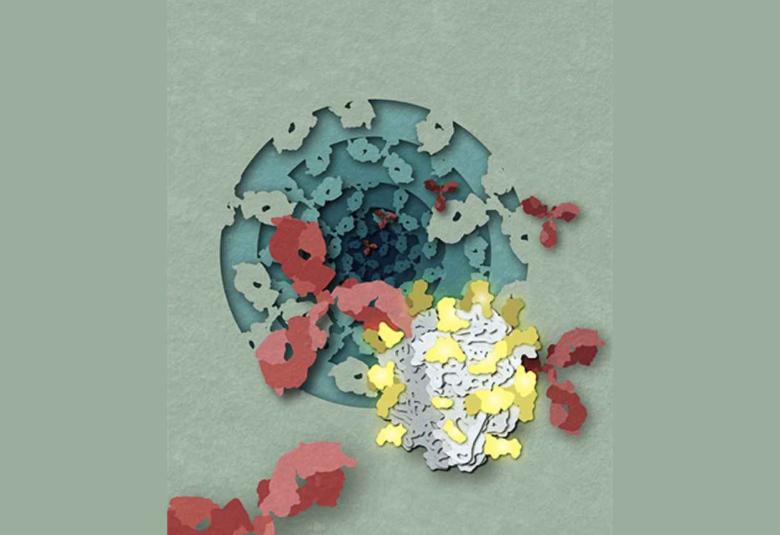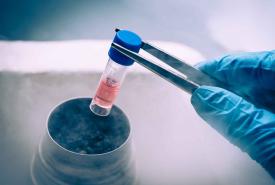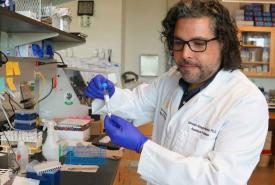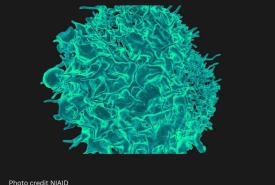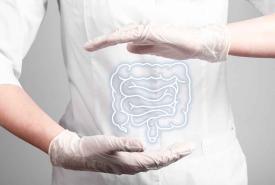New antibodies and vaccine targets discovered against Lassa Virus
Every year, hundreds of thousands of people in West Africa become infected with Lassa virus, which can cause Lassa fever and lead to severe illness, long-term side effects or death. There are currently no widely approved treatments or vaccines for the disease. Now, scientists at Scripps Research have determined the structure of the critical protein complex that lets Lassa virus infect human cells.


